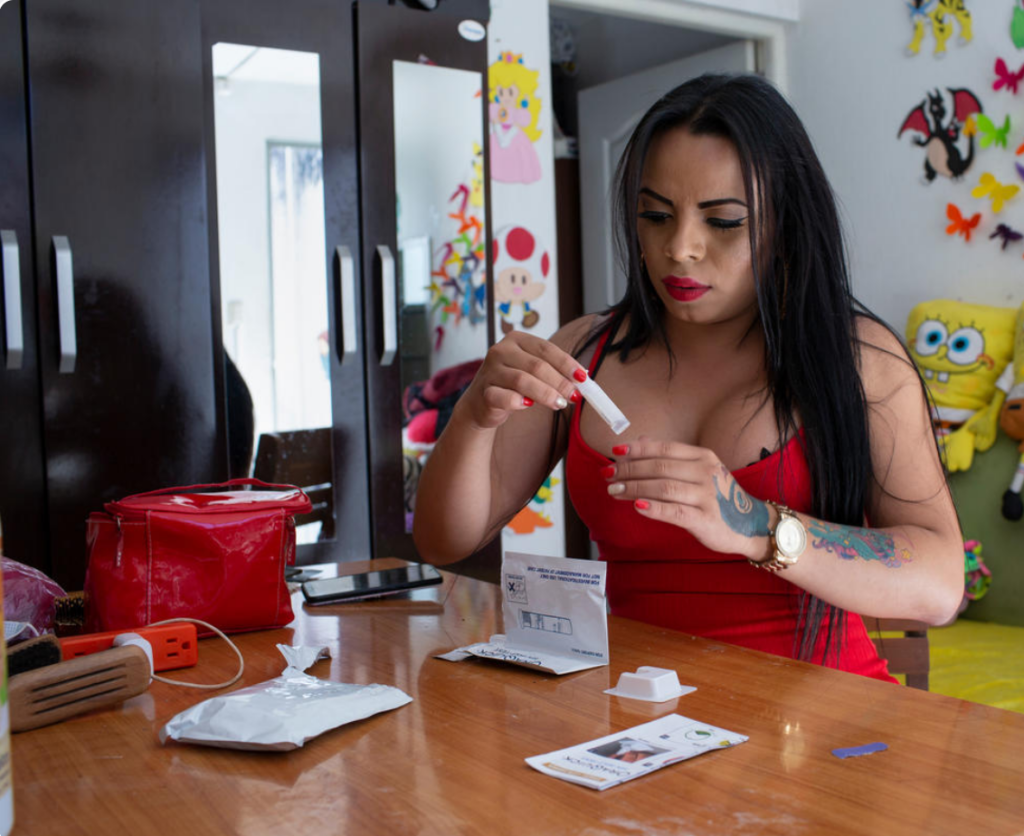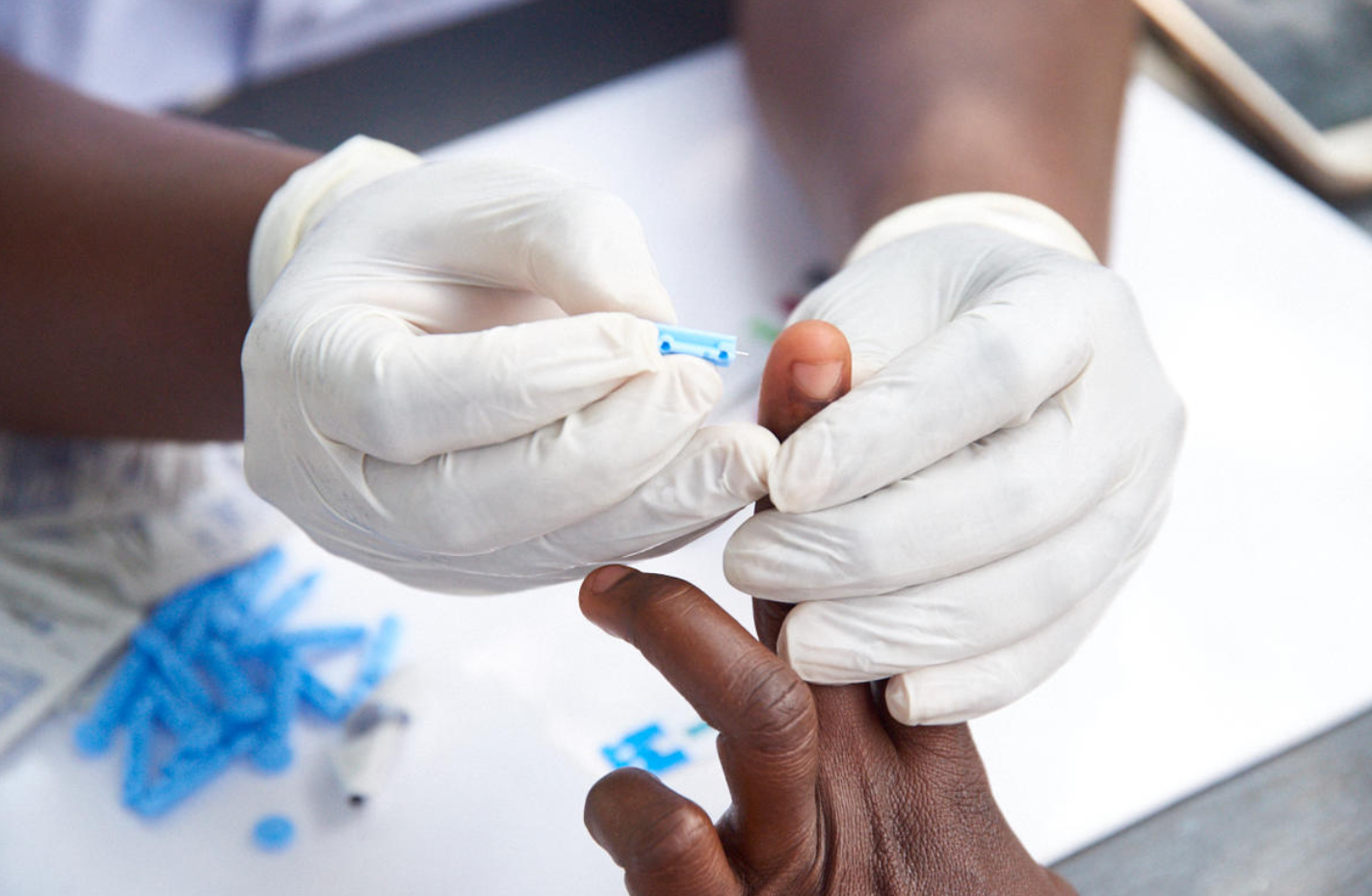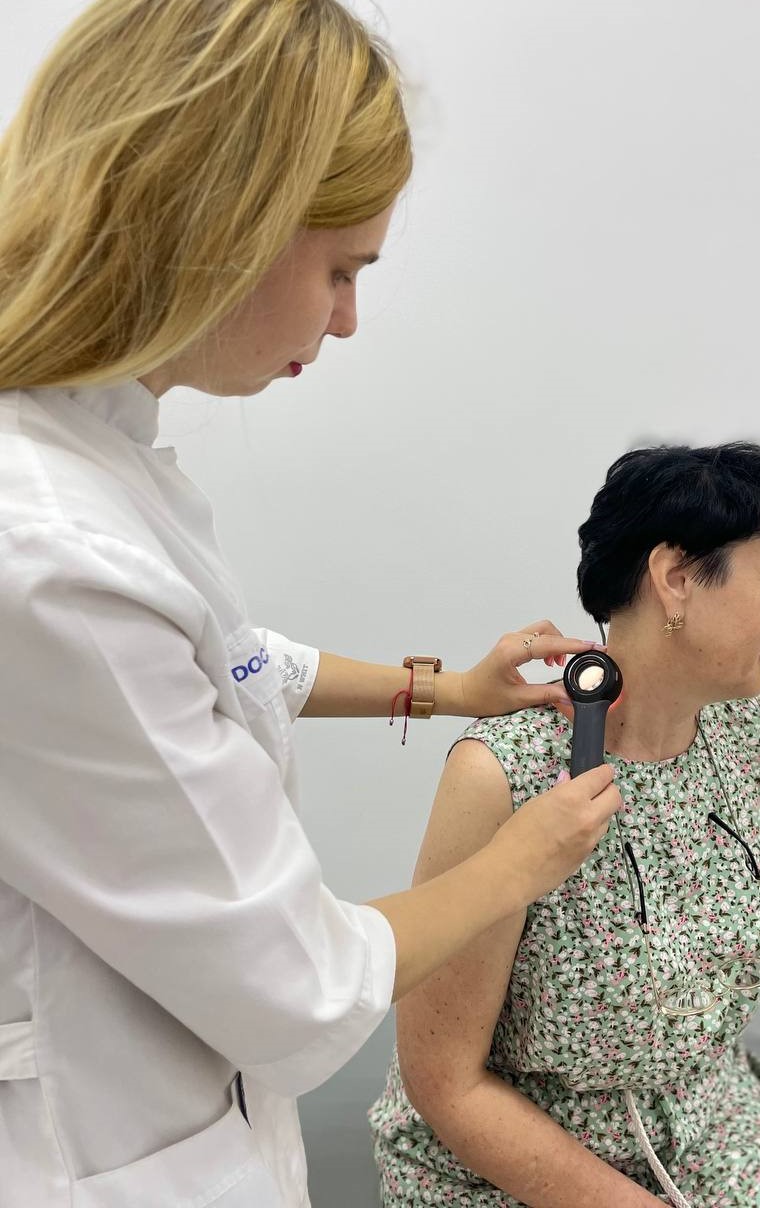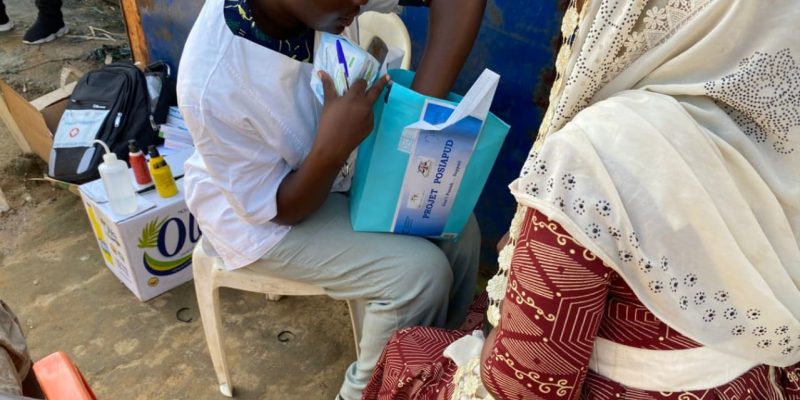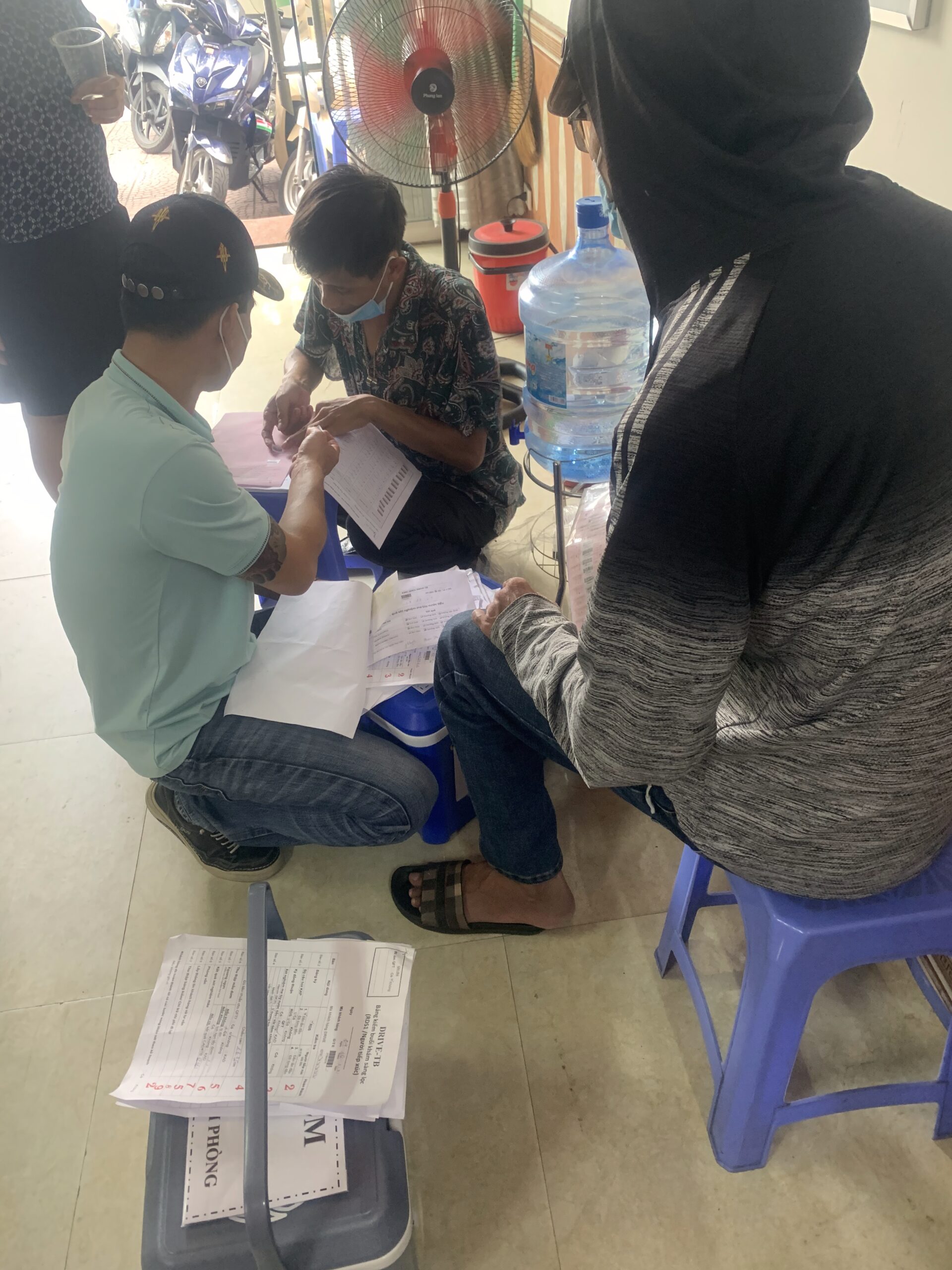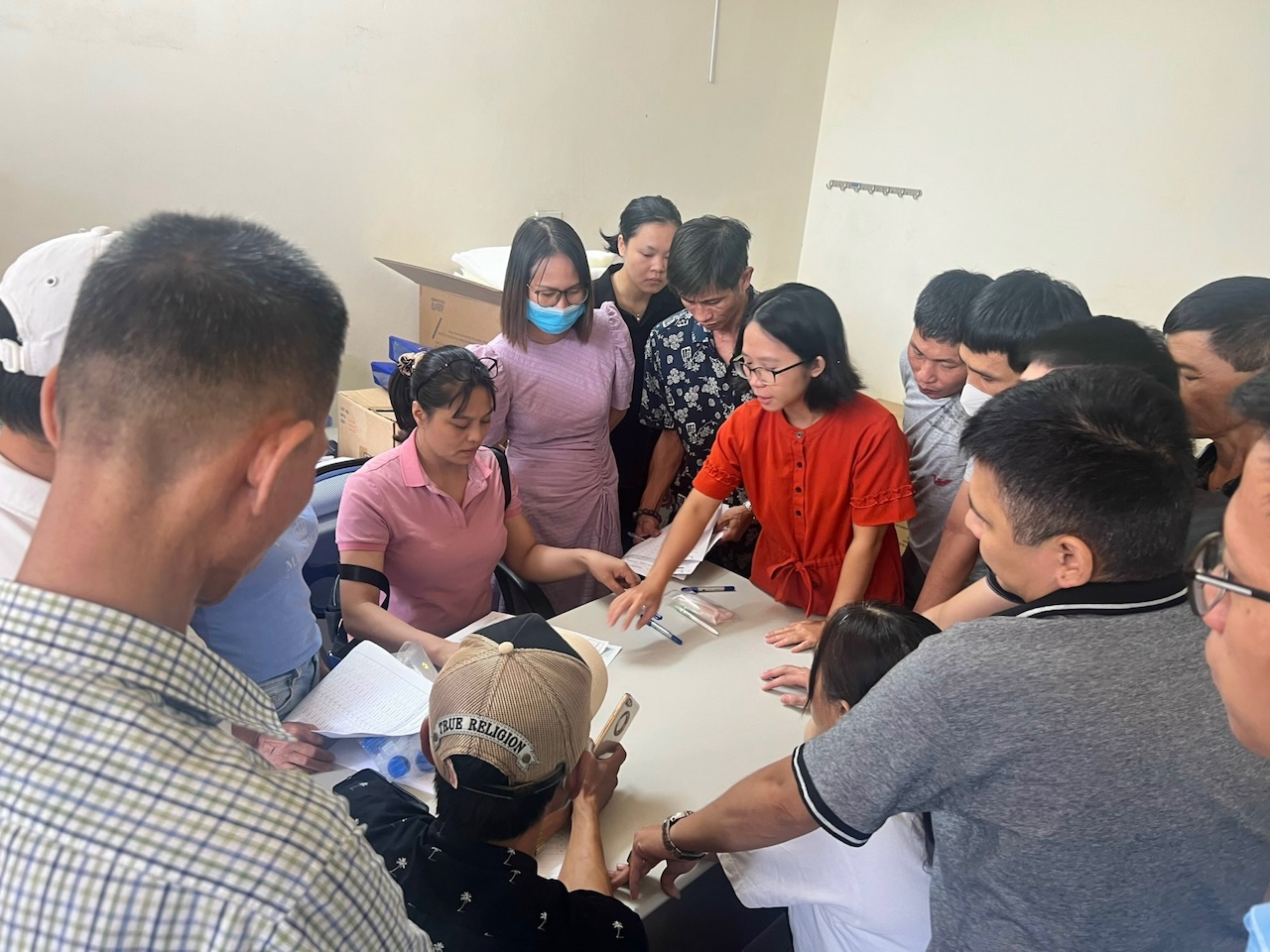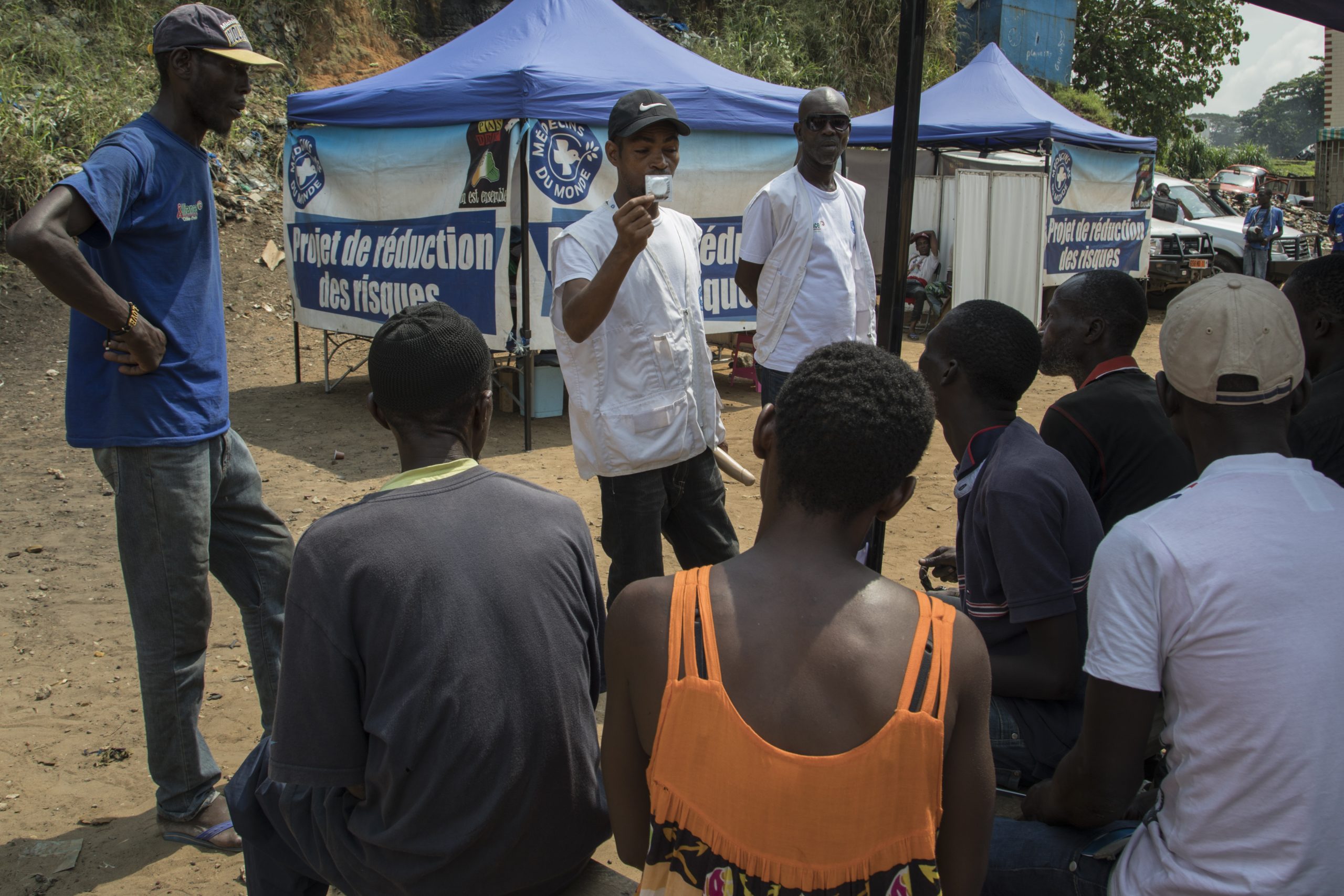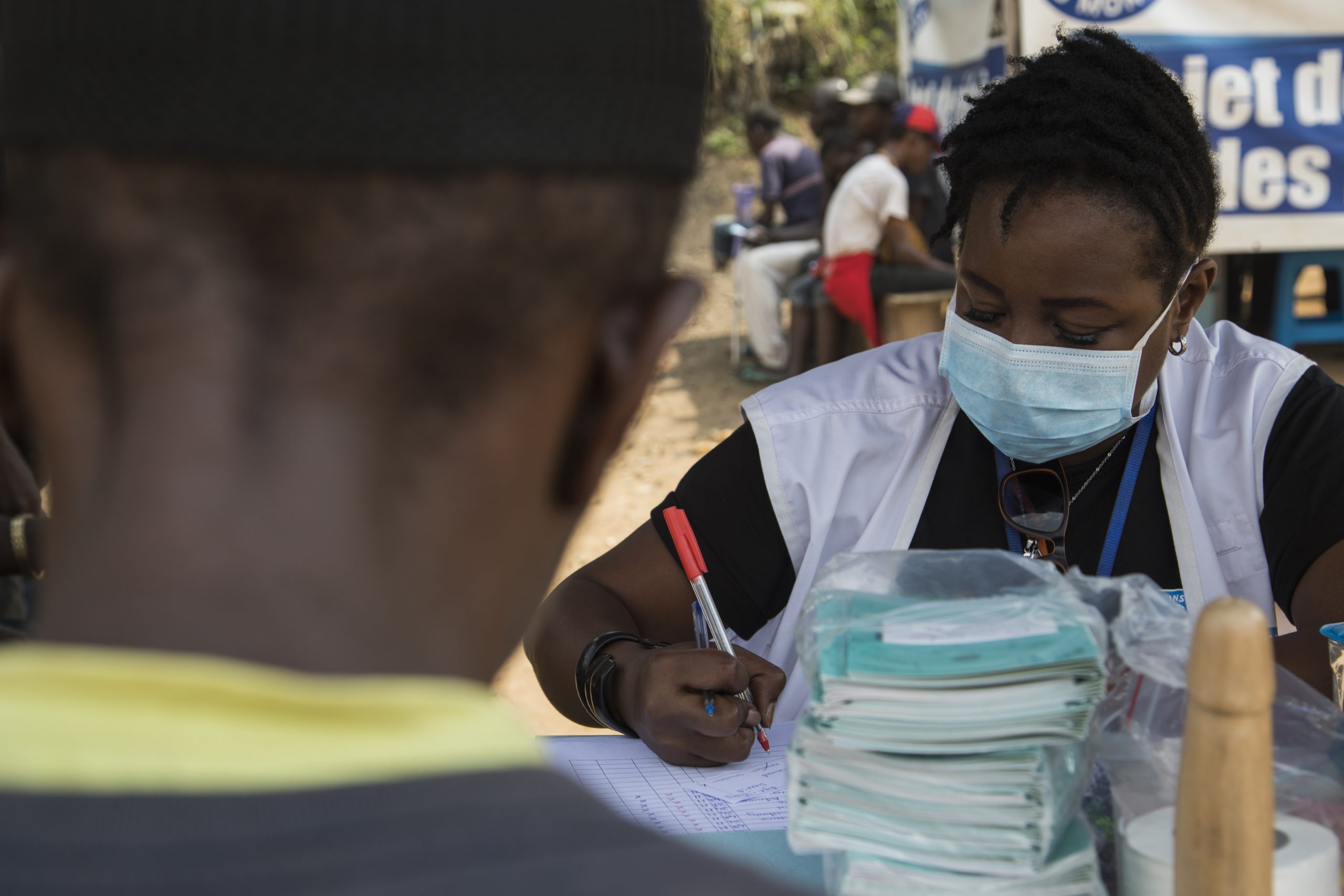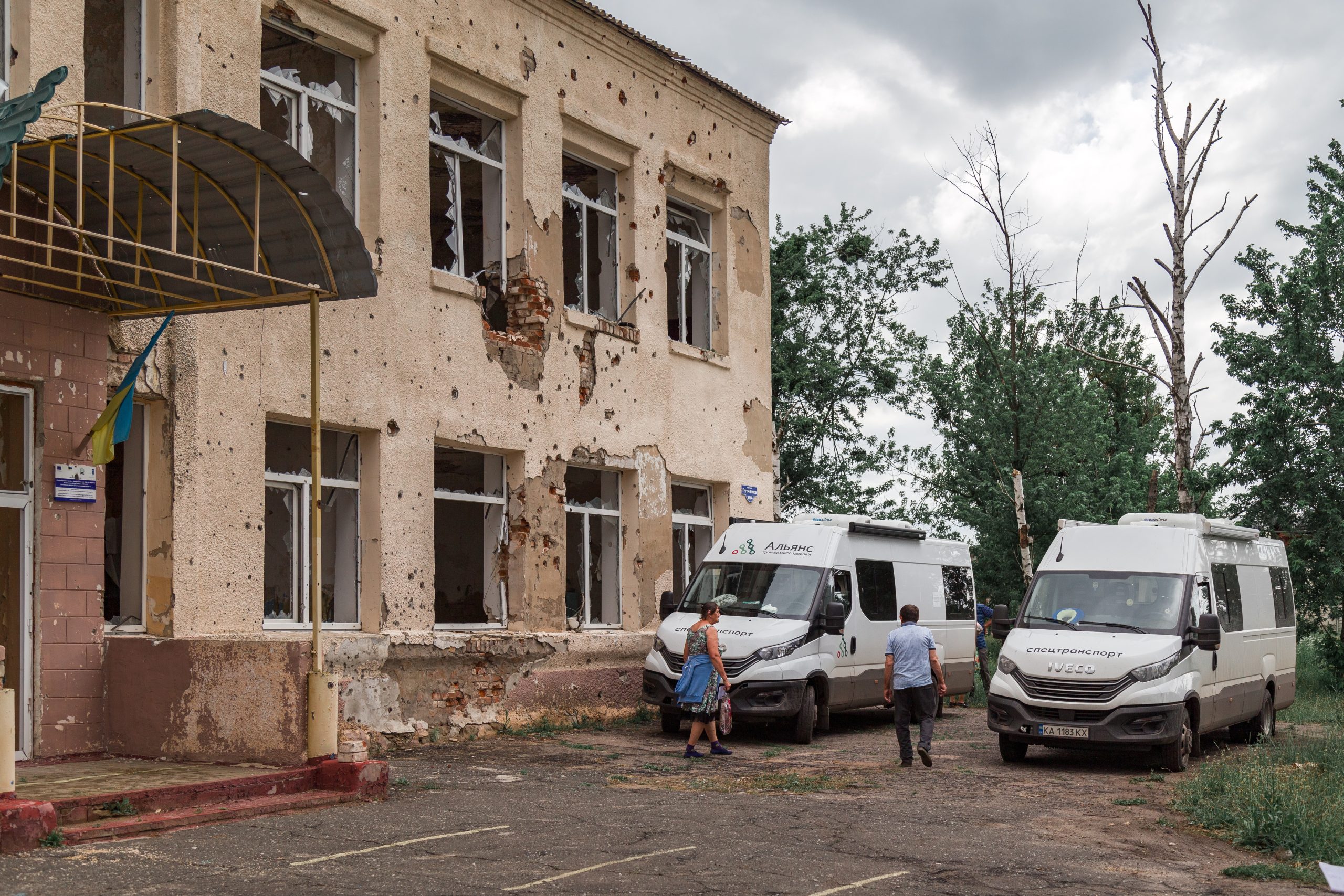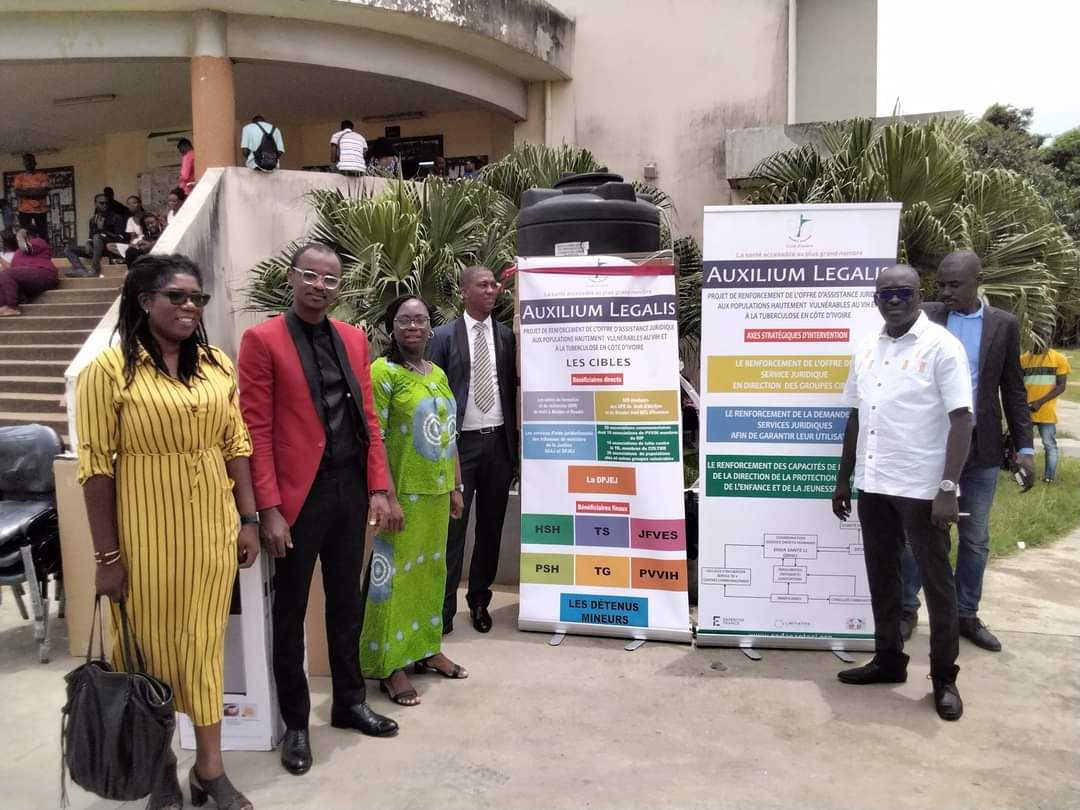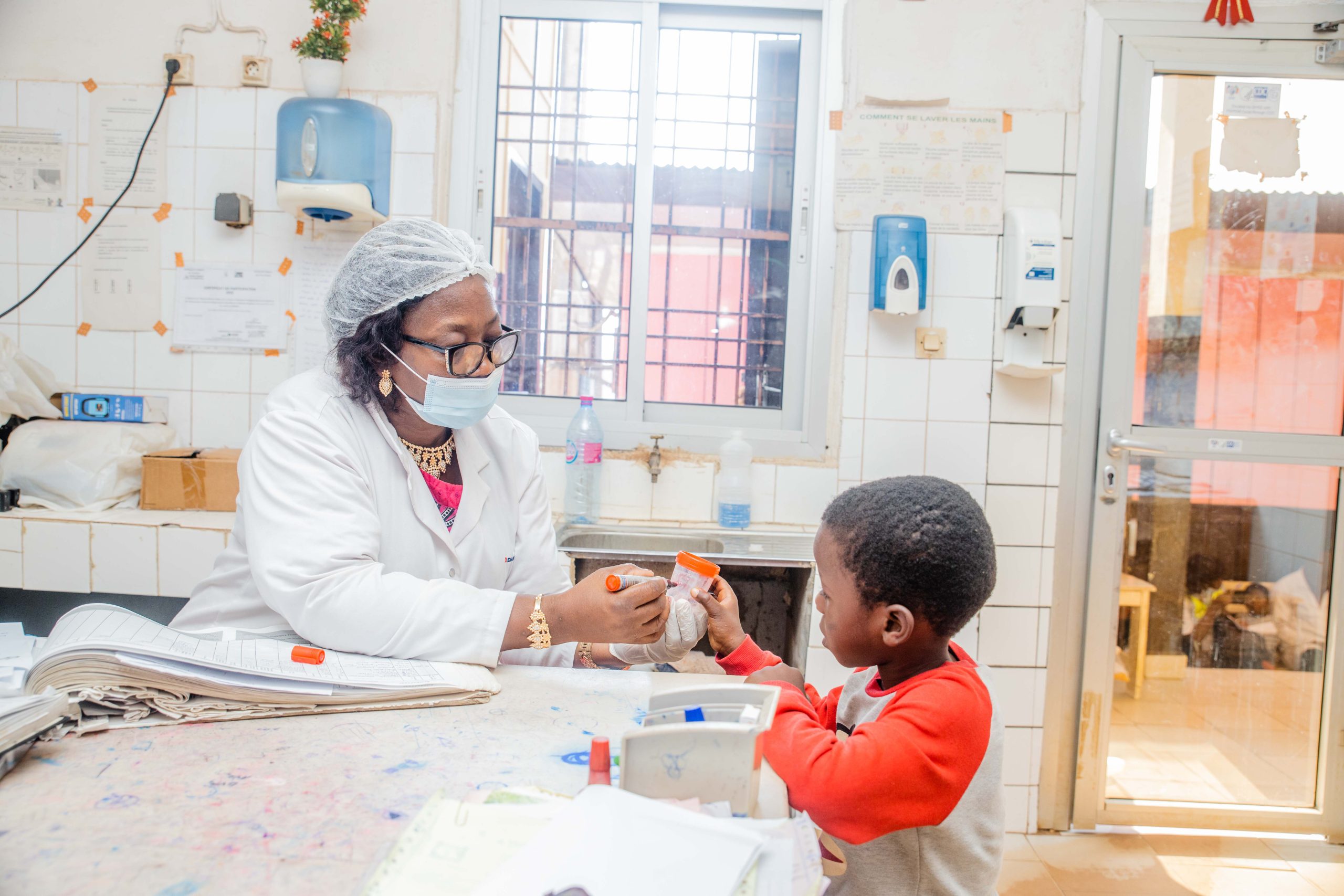The project aims to strengthen community health services by creating a new gender-sensitive model of people-centered SRH and TB services, for people who use drugs (PWUD), with the aim of achieving a paradigm shift that will then be transferred to other key populations.
Context
In the Dominican Republic, the risk of acquiring HIV is 35 times higher among people who inject drugs, and 30 times higher among sex workers. HIV and drug use are among the main risk factors for TB, and TB is among the main death causes of PLHIV. Funds and gender-responsive strategies tailored to PWUD are lacking, whilst these populations are the least likely to seek care due to stigma, discrimination and destitution (which is heightened amongst women with children).
Description
This project is being implemented in urban areas of the Dominican Republic (Santo Domingo, Santiago, Higuey) where drug use and sex work are more prevalent, and HIV and TB rates are high. The aim is to make community health services innovative, inclusive, gender- responsive, and tailored to the needs of key populations, by strengthening the capacity of local healthcare workers and facilitating effective community-led advocacy. Activities will thus focus on four objectives:
- Empower 1,500 PWUD (with special attention to women and sex workers) to reduce health risks and increase their access to health services;
- Make quality, gender-integrated TB and sexual and reproductive health community services available for PWUD by training 80 healthcare personnel, with attention to intersectionality (drug use-sex work-HIV);
- Capacitate ten key-populations-led organizations and stakeholders to provide gender-responsive, stigma-free services for PWUD;
- Create a sociopolitical environment and policy framework that are conducive to the fulfilment of the right to health for PWUD through advocacy (by targeting five HIV or drug-related government institutions).
Impact
The interventions of this project allow for a better understanding and reduced discrimination towards PWUD in their communities and by health professionals and staff of KP-led organisations. Moreover, they lay the foundation for the inclusion of a health and human rights approach in the legislation and its regulations, that allows for the safe implementation of community services for PWUD. Lastly, they will create increased understanding of the specific needs of PWUD based on their gender and other intersecting identities. Indirect beneficiaries are estimated at 6,000 community and family members and 800 drug users among other key populations.
